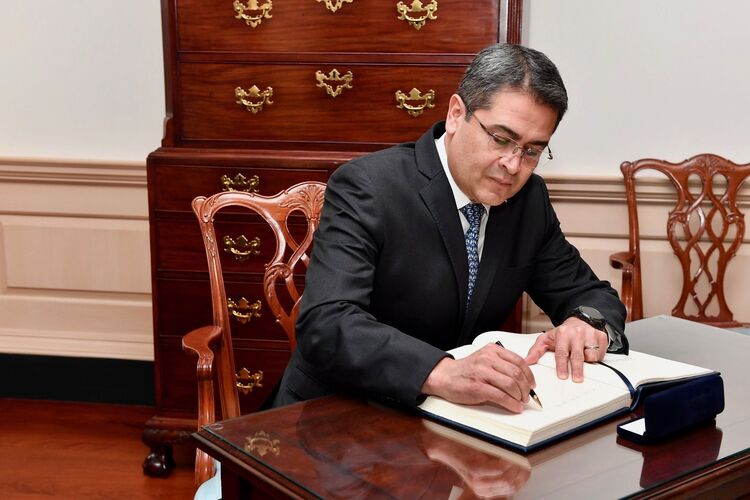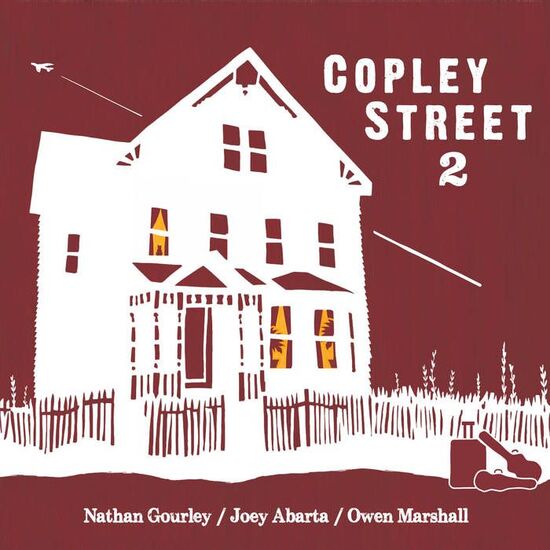[caption id="attachment_67543" align="aligncenter" width="600" caption="Peggy O'Brien."]
Date of birth: March 7, 1945
Place of birth: Massachusetts
Spouse: Wynn Abranovic, a retired professor from the University of Massachusetts.
Children: one daughter, in Dublin
Residence: Amherst, Mass.
Published works: two collections of poems, Sudden Thaw (2004) and Frog Spotting (2009); and a work of literary criticism, "Writing Lough Derg: from William Carleton to Seamus Heaney" (the book surveys all the major writers who've addressed the experience of "doing" the famous/infamous Lough Derg pilgrimage).
Fans of "The Wake Forest Book of Irish Women's Poetry," published in 2000, will be interested to hear that there is an upgrade available.
"The first edition represented the work of nine poets. The new edition represents 16," said editor Peggy O'Brien, a teacher at the University of Massachusetts. "As with the first edition, the philosophy guiding the new book is to select few poets and represent them by a generous amount of their work. The reader should get a sense of the arc of each poet's career."
All that adds up to almost 700 pages (published by the Wake Forest University Press and priced at $19.95). Thirty-five pages are given over to O'Brien's 1st and 2nd edition prefaces.
The former Trinity College Dublin professor - she resided in the city for 20 years, and her daughter and three granddaughters still live there - will be at the 92nd Street Y next Monday evening to hear four of the volume's poets read (see details below.)
What is your writing routine? Are there ideal conditions?
Well, when it come to writing poems, the word "routine" is tough to apply, at least to the earlier stages of a composition. The first stirrings can come anytime and usually result in an embarrassing rush to find pencil and paper, then madly jotting down whatever, wherever: a restaurant, the middle of the forest, a super market. The only place I never sully with such scribbling is the classroom. The middle phase of writing, the time when I'm being honest about what doesn't work, is the worst for me. I have almost never solved a serious problem in the daylight or in a fully conscious state. 3 a.m. is my prime time for wrestling with a poem, hardly an angel.
Finally, when I have a decent draft, I can work by daylight and by some sort of routine. Even so, I can only do this writing in the morning in my pajamas. Once I get dressed I'm a victim of lists, all the stuff ordinary life and my job demands: buying the groceries, answering student e-mails, the lot.
What advice do you have for aspiring writers?
Since the way a person writes is as individual as how they walk, it's impossible to give advice. Just keep putting one foot in front of the other. And always try to keep your words as natural as your walk. Matter of fact, muttering potential lines as you walk can be useful.
Just be prepared for odd, concerned looks; and don't be thrown off your gait.
What book are you currently reading?
I am re-reading Tomas Transtromer, the Swedish poet who just won the Nobel Prize.
Name three books that are memorable in terms of your reading pleasure.
The English poet Jo Shapcott's new book, "Of Mutability"; the recently deceased, New York poet, Samuel Menashe, his "Selected Poems"; Irish short-story writer Claire Keegan, her collection "Walk the Blue Fields."
Is there a book you wish you had written?
Again, like walking, writing poetry is such an individual thing it's futile to wish you could have written another person's words. You can only enjoy the work of others as you enjoy your friends.
If you could meet one author, living or dead, who would it be?
Emily Dickinson.
What book changed your life?
William Blake's "Songs of Innocence and Experience."
What is your favorite spot in Ireland?
The Burren, Co. Clare.
You're Irish if . . .
You know - and, as the grandmother of three young Dubs, I know -- that Ireland is so multi-cultural now that no generalization about the Irish can hold a drop of water.
Four poets collected in the "The Wake Forest Book of Irish Women's Poetry" -- Eiléan Ni Chuilleanáin, Leontia Flynn, Rita Ann Higgins and Caitriona O'Reilly -- will read at the 92nd on next Monday, at 8:15 p.m, (Lexington Avenue at 92nd Street). They will be introduced by Nick Laird. The event is supported by Imagine Ireland, an initiative of Culture Ireland. Go to 92y.org for more details.








